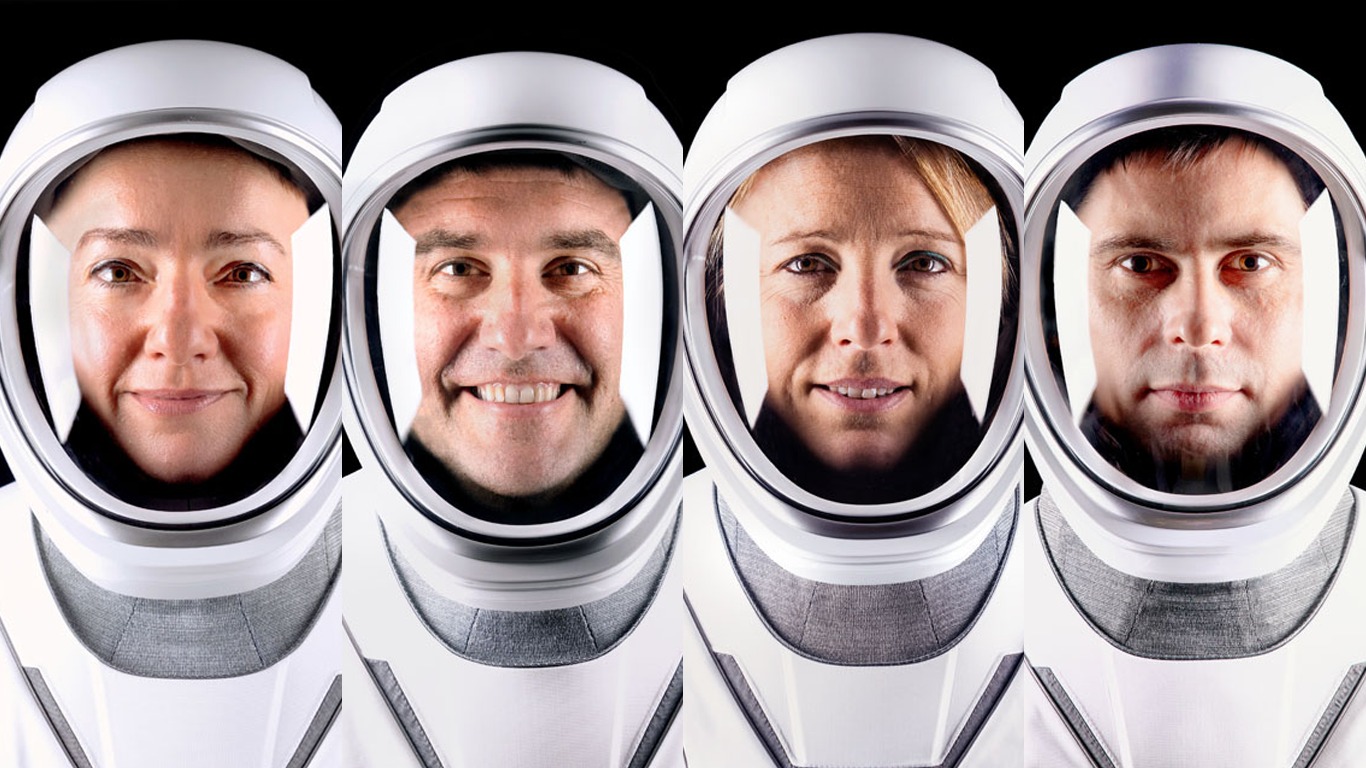New game 'Mars Horizon' shows the real challenges of running a space agency
Get ready to learn to fail successfully.
A typical person watching a space agency may see a vast organization working on dozens of missions at a time, without really knowing the individual steps behind each launch.
That's where the new space strategy game 'Mars Horizon,' which launches today (Nov. 17) on multiple platforms, hopes to clear up confusion for space fans, Tomas Rawlings, the CEO of game developer Auroch Digital, told Space.com. The goal of the game is to build a space agency's program from starter orbital missions into more advanced spaceflights that span the solar system.
"I have a long-running interest in space, so as a game developer and as a game designer, the natural way I express that interest is through games," Rawlings said. What particularly caught his attention during the past few years, he added, was the rise of commercial companies like SpaceX working alongside big space agencies on projects like delivering cargo to orbit or sending astronauts into space.
Related: The best sci-fi and space games on mobile
While musing on how spaceflight is changing, Rawlings ready Andy Weir's novel "The Martian", a 2011 tale about a NASA astronaut on Mars that was later picked up by Hollywood. Rawlings was struck by the number of other space agencies featured in the book, and decided to talk to the real-life UK Space Agency about how big space organizations operate today. This conversation led to an opportunity to gain some funding for a new game.
"We applied to a scheme offering support to projects that told the public about the challenges of space exploration," Rawlings said. "After we applied, we got some [financial] support from them, which was great. Right from the start, our game had the grounding of talking to a real space agency … I didn't want to discuss items [in the game] that were far out there, or science fiction."
While his team developed "Mars Horizon," Rawlings drew from his experience creating strategy games based on challenging situations. These include 2011's "Call of Cthulhu: The Wasted Land," which addresses a fictional force of evil during World War I, and 2019's "Dark Future: Blood Red States," which allows players to make tactical decisions on fictional, "Mad Max"-like highways of danger in the year 2025.
Breaking space news, the latest updates on rocket launches, skywatching events and more!
While these earlier efforts are firmly set in science fiction, Rawlings did his research. For example, while developing "Dark Future" he consulted with scientists who study climate change at global charitable foundation Wellcome Trust. His goal was to understand how global warming might create a difficult future where resources are limited, such as the lack of oil and water portrayed in "Mad Max."
This emphasis on background work inspired his approach to "Mars Horizon," Rawlings said, as he talked with space agency experts about their individual roles during missions. "The key thing players can expect is an authentic experience around the running of a space agency, and how mission control works," he said.
The game is meant to be authentic and not so much accurate when portraying the progress of a space mission, Rawlings said. For example, players will not be subject to the typical 10-year development cycle that accompanies a new rocket type. On the other hand, key steps of the rocket build are portrayed, along with the "nerve-wracking" feeling engineers experience when sending a booster aloft for the first time, he said.
Other parts of space agency management will come into play, too. You will have to satisfy the public and your national government to keep funding going, carefully balancing the risks of launch with the need to have a constant pipeline of missions. You will need to decide how much reliability to ask for when building individual components for space stations.
And at times, you will need to figure out if you want to push for a "first" in space — like attempting to land the first person on Mars — when you don't have all the information to know whether you can do it.
Rawlings said the key to players' success will be embracing failure and how to learn from it, to improve in the future.
"That drama is really important to me, and was captured in the game."
Follow Elizabeth Howell on Twitter @howellspace. Follow us on Twitter @Spacedotcom and on Facebook.

Elizabeth Howell (she/her), Ph.D., was a staff writer in the spaceflight channel between 2022 and 2024 specializing in Canadian space news. She was contributing writer for Space.com for 10 years from 2012 to 2024. Elizabeth's reporting includes multiple exclusives with the White House, leading world coverage about a lost-and-found space tomato on the International Space Station, witnessing five human spaceflight launches on two continents, flying parabolic, working inside a spacesuit, and participating in a simulated Mars mission. Her latest book, "Why Am I Taller?" (ECW Press, 2022) is co-written with astronaut Dave Williams.

